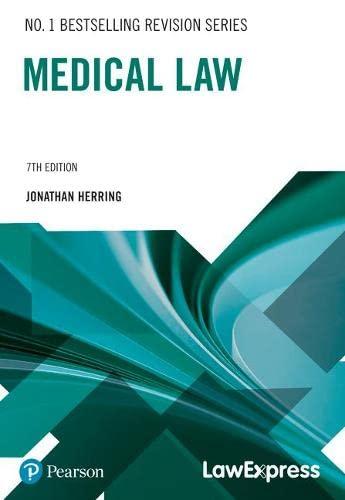Answered step by step
Verified Expert Solution
Question
1 Approved Answer
Landlord owns several properties in the city. One of them (called the Property in the lease) is leased to a Kentucky Fried Chicken location. The
Landlord owns several properties in the city. One of them (called "the Property" in the lease) is leased to a Kentucky Fried Chicken location. The lease with KFC provides: Landlord shall not during the Lease Term operate or permit to be operated on any real estate that Landlord owns, manages or otherwise controls within one mile of the Property any fast food restaurant, or restaurant facility whose principal food product is chicken on the bone, boneless chicken or chicken sandwiches. Landlord signs a lease with a Burger King franchisee to open a Burger King on another piece of property owned by Landlord, which is only a half-mile from the KFC. KFC objects on the grounds that BK is a "fast food restaurant" and thus is barred. Landlord retorts that BK's "principal food product" is not "chicken on the bone, boneless chicken or chicken sandwiches," and so it is not barred If the matter goes to litigation, which is the most correct outcome using ordinary interpretation guidelines? KFC wins because the phrase "whose principal food product is chicken" modifies only restaurant facility" and not "fast food restaurant," so all fast food restaurants are restricted. KFC wins because restrictive clause contains a latent ambiguity that should be resolved against Landlord. Landlord wins because a clause that restricted fast-food restaurants that sell primarily beef products would be prima facie unreasonable. Landlord wins because the restrictive clause would violate public policy
Step by Step Solution
There are 3 Steps involved in it
Step: 1

Get Instant Access to Expert-Tailored Solutions
See step-by-step solutions with expert insights and AI powered tools for academic success
Step: 2

Step: 3

Ace Your Homework with AI
Get the answers you need in no time with our AI-driven, step-by-step assistance
Get Started


